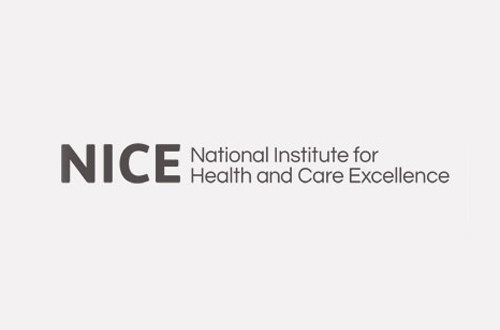
The National Institute for Health and Care Excellence (NICE) has issued new draft guidance that does not recommend Roche’s Gazyvaro for untreated chronic lymphocytic leukaemia (CLL).
NICE, which issues healthcare guidance for the NHS in England and Wales, said there were ‘uncertainties’ in the data provided by Roche to support its submission. This means Gazyvaro (obinutuzumab) should not be reimbursed on the NHS as part of combination therapy for people who are unable to take standard fludarabine-based therapy.
Commenting on the draft guidance, Sir Andrew Dillon, NICE chief executive, said: “Although obinutuzumab is a clinically effective treatment, there were too many uncertainties in the company’s submission and we cannot be confident that it is an effective use of NHS resources.
“It is disappointing that we are not able to add this to the range of treatments already available. However, with limited resources we need to ensure that each treatment we recommend gives patients not only the best care but is also of the best value to the NHS.”
In July last year, the drug proved promising for people with CLL as results from phase III studies showed the antibody improved progression-free survival rates compared to established product Rituxan, another Roche treatment.
Gazyvaro gained European approval in July this year when regulators backed the antibody in combination with chlorambucil chemotherapy as a first-line treatment in CLL patients who have another condition that makes them unsuitable for intensive therapy will fludarabine.
The European decision came nearly nine months after Gazyvaro was approved in a similar indication in the US under the name Gazyva.
CLL is a type of cancer that affects the cells in the bone marrow and causes overproduction of abnormal white blood cells. The abnormal white blood cells replace the normal cells in the bone marrow but are unable to function properly. Symptoms can include fatigue, breathlessness, bruising and bleeding.
It is the most common form of leukaemia in the UK, with around 2,700 people being diagnosed every year. Half of patients who need treatment for their condition are not able to use the standard first-line therapy.
NICE back’s Roche’s heart test
Roche also received positive news from NICE with a recommendation for its heart damage test Elecsys.
NICE recommended the high-sensitive cardiac troponin T assay be available on the NHS to rule out acute myocardial infarction at an early stage in patients with chest pain.
According to Roche, the use of Elecsys will have economic benefits as early diagnosis could save NHS England over £200 per patient by limiting unnecessary admissions.




